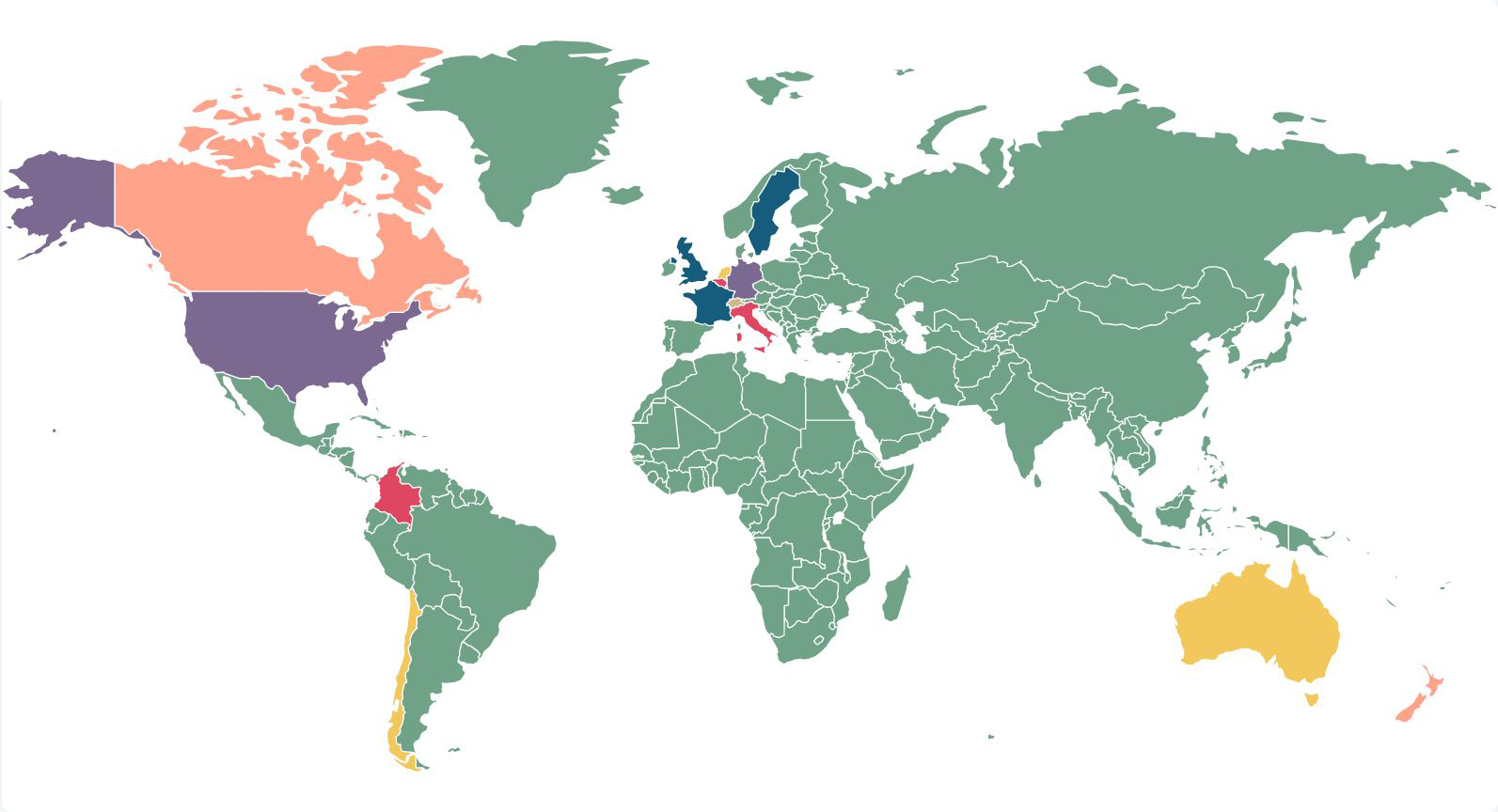As extreme weather events such as flooding increase, pressure will continue on the water supply network in relation to repair and renewal of its infrastructure. Delays in repair and renewal due to financial pressures combined with a focus on restricting end-point cost to the consumer may lead to an increase in claims relating to alleged water contamination and sewage pollution. Any discharge of pollutants or contaminated water supply has the capacity to affect a large number of people with an attendant risk of significant numbers of claims. The potential liability of water utility companies has been widened as a result of the Supreme Court decision in the Manchester Ship Canal case in 2024, in that they can be liable in nuisance for pollution caused by discharges of foul water even where there has been no negligence or deliberate misconduct. An increase in such nuisance claims is anticipated and first party property insurers are likely to want to put a renewed focus on pursuing subrogated recoveries for such losses.
Informed Insurance
Informed Insurance

Scenario planning in 2025 - In the grip of uncertainty
We are now all operating outside the previous boundaries of our experience, buffeted by forces we cannot predict, let alone control or influence. I...

The ESG "backlash": How to balance competing demands
Climate change and social issues have, for (at least) the last decade, occupied legislative, regulatory and shareholder thinking, with implications...

Developments in climate change litigation: 2025 could herald an expansion in types of claim and remedies
To accompany the fourth edition of our interactive climate change litigation map, we take a deeper dive into the implications of the key decisions ...

Our Top Five Economic predictions for 2025
To highlight our new economic theme on Informed Insurance, Charlotte Shakespeare, Legal Director and editor of our Predictions for 2025, shares her...

Our Top Five ESG predictions for 2025
In our ongoing #DACBCrystalBall series, Charlotte Shakespeare, Legal Director and editor of our Predictions for 2025, shares her Top Five ESG predi...

Predictions 2024 – Charlotte Shakespeare's Top Ten
In our ongoing #DACrystalBall series, Charlotte Shakespeare, Legal Director and editor of our Predictions for 2024, once again shares her Top Ten p...